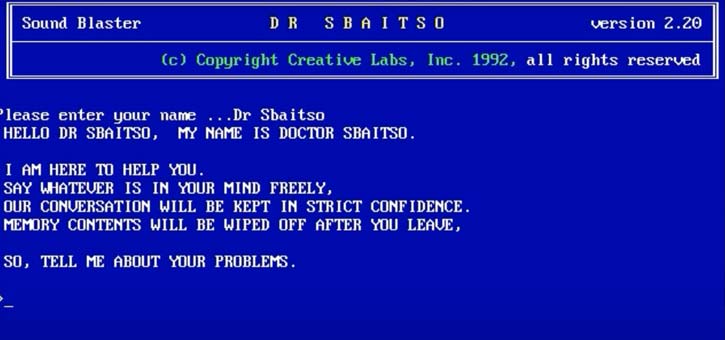




Who doesn’t want a personal assistant, virtual assistant or just another set of eyes, ears and hands to help you? Most of us are familiar with Siri, or her equivalent concepts, and being able to schedule a meeting or calling an Uber within seconds. Our minuscule tasks are becoming easier, simpler and softer.
What’s incredible is that this technology has been around since 1966. Let’s level-set on Bots specifically for the moment:
Bots or Chatbots are software that automates tasks for customers through interaction with the user by providing a service for everything from on-demand weather temps to traffic updates to personalized assistance for an array of tasks.
Bots are able to have human-like interaction because they are powered by two technologies – artificial intelligence and natural language processing that provides human-like intelligence to the bots.
In 1950, Alan Turing, a pioneering British computer scientist wrote an article entitled ‘Computing Machinery and Intelligence’ and subsequently created the Turing Test. Essentially, he created a parameter of intelligence for machines – much like we do today. According to Turing, if a machine can impersonate a human and his behavior convincing the other person involved in a real-time conversation that he is interacting with a human (not a machine), then the machine is intelligent.
Soon after, MIT professor Joesph Weizenbaum developed the ELIZA program. ELIZA was used to trick users by making them believe they were having a conversation with a real human being. ELIZA, the computer – or bot, was designed to imitate a therapist who would ask open-ended questions and even respond with follow-ups. Thus, ELIZA is considered to be the first chatbot in history. Subsequent chatbots were created after ELIZA that include: PARRY in 1972, RACTER in 1983 and then JABBERWACKY in 2005.
Most chatbots are still on their way to achieve full recognition and automation. When hit with a complex or detailed query, the bots still have a long way to go. Progressions taking place within Natural Language Processing and artificial intelligence, I am confident that chatbots will be full automated.